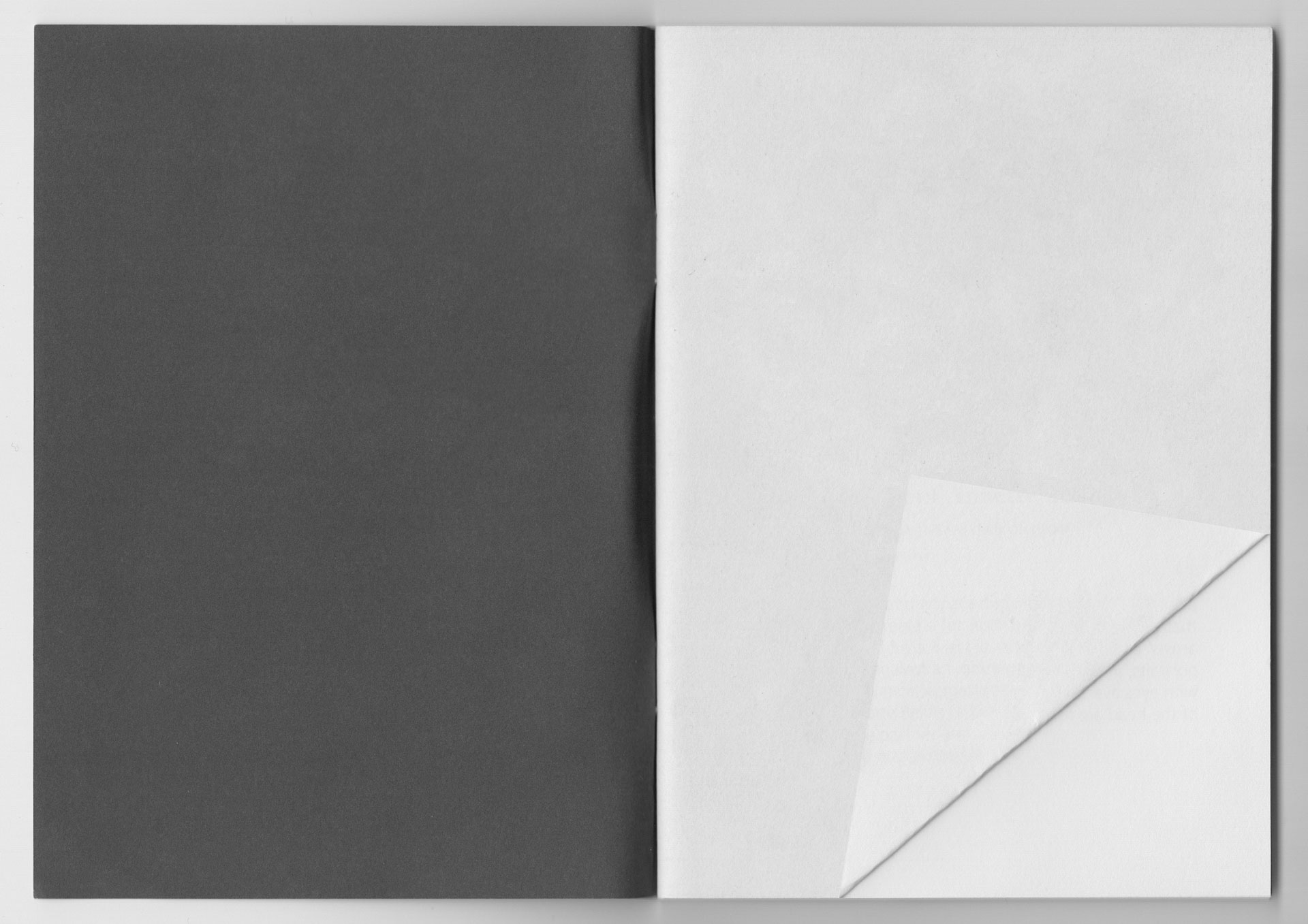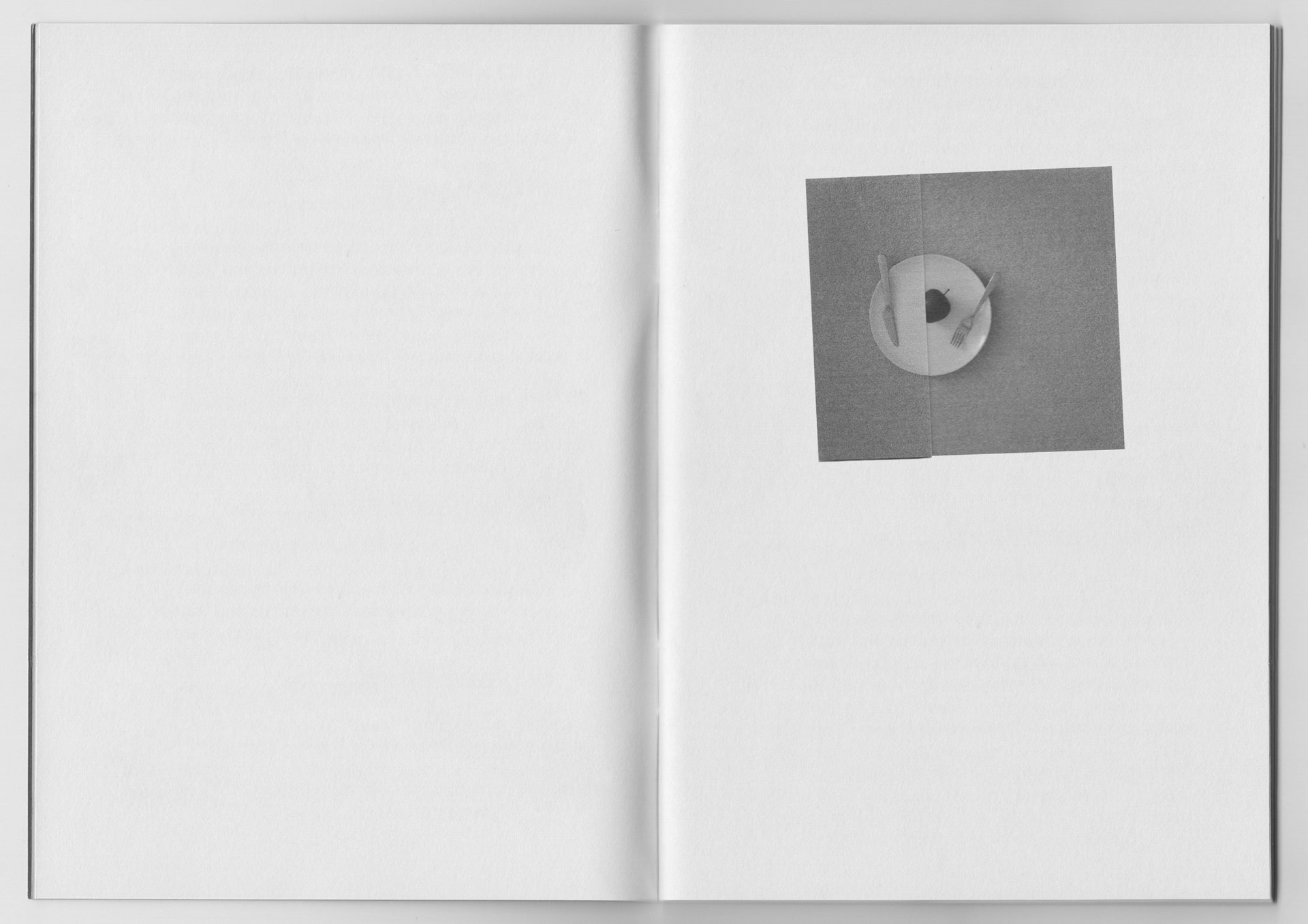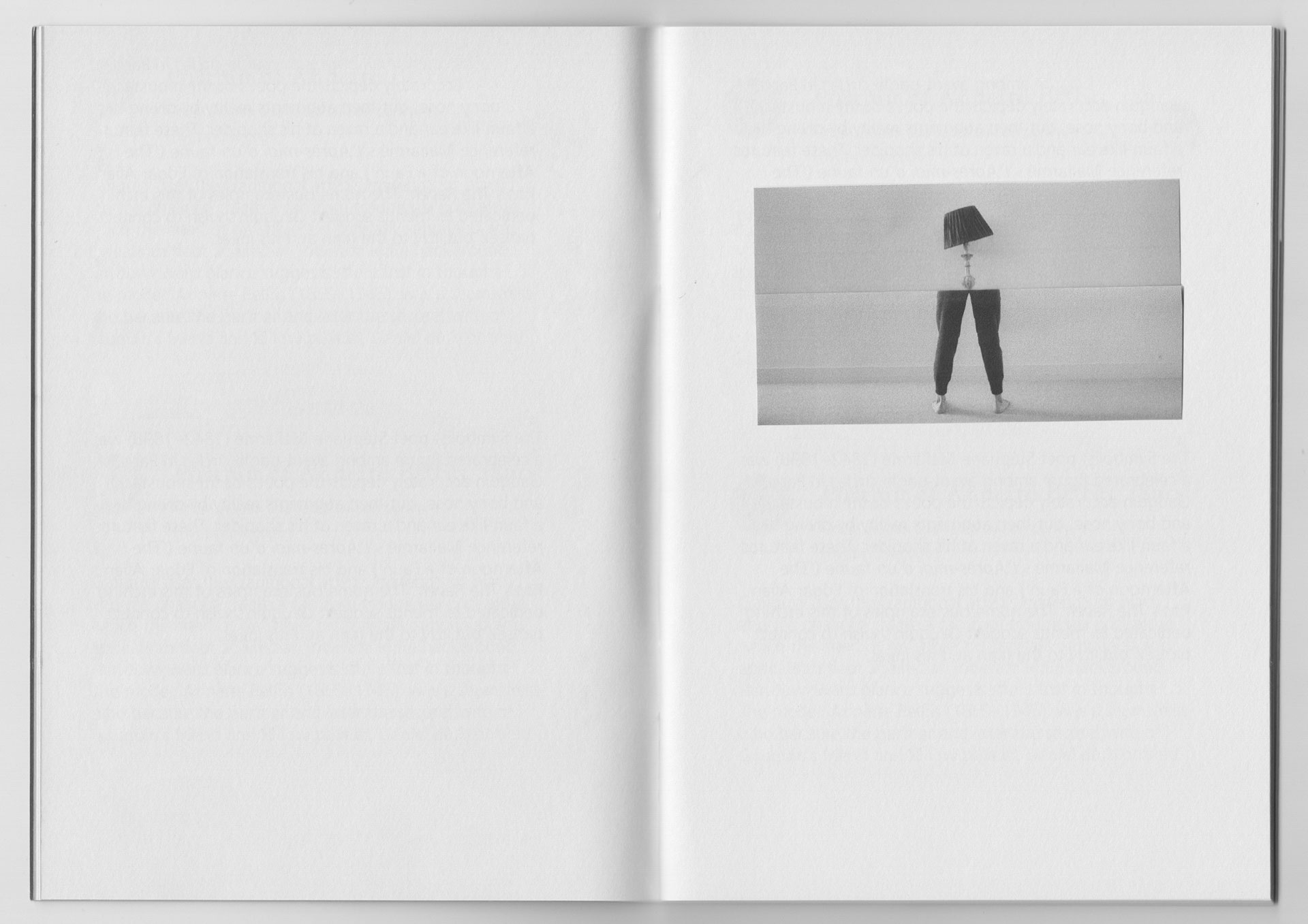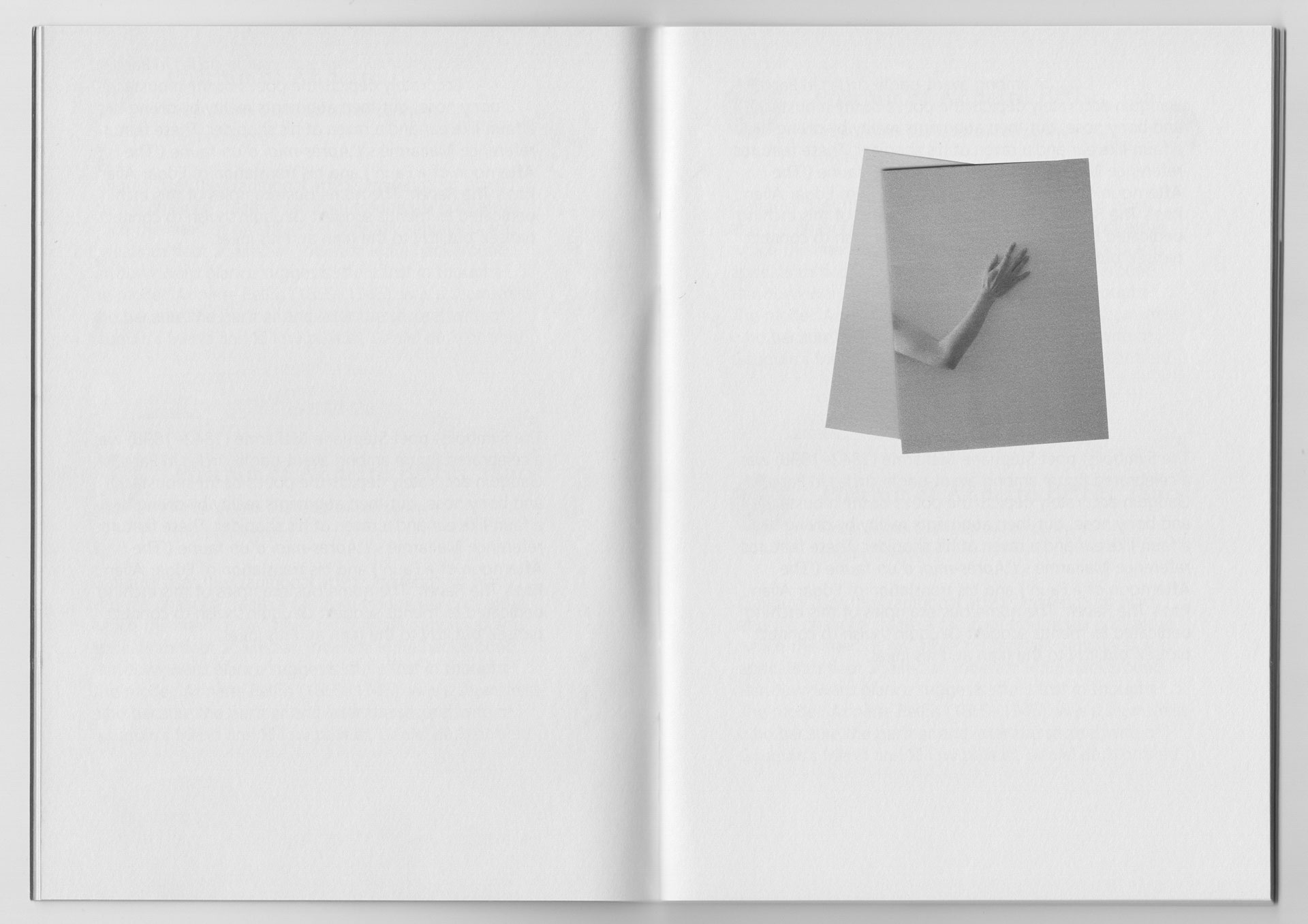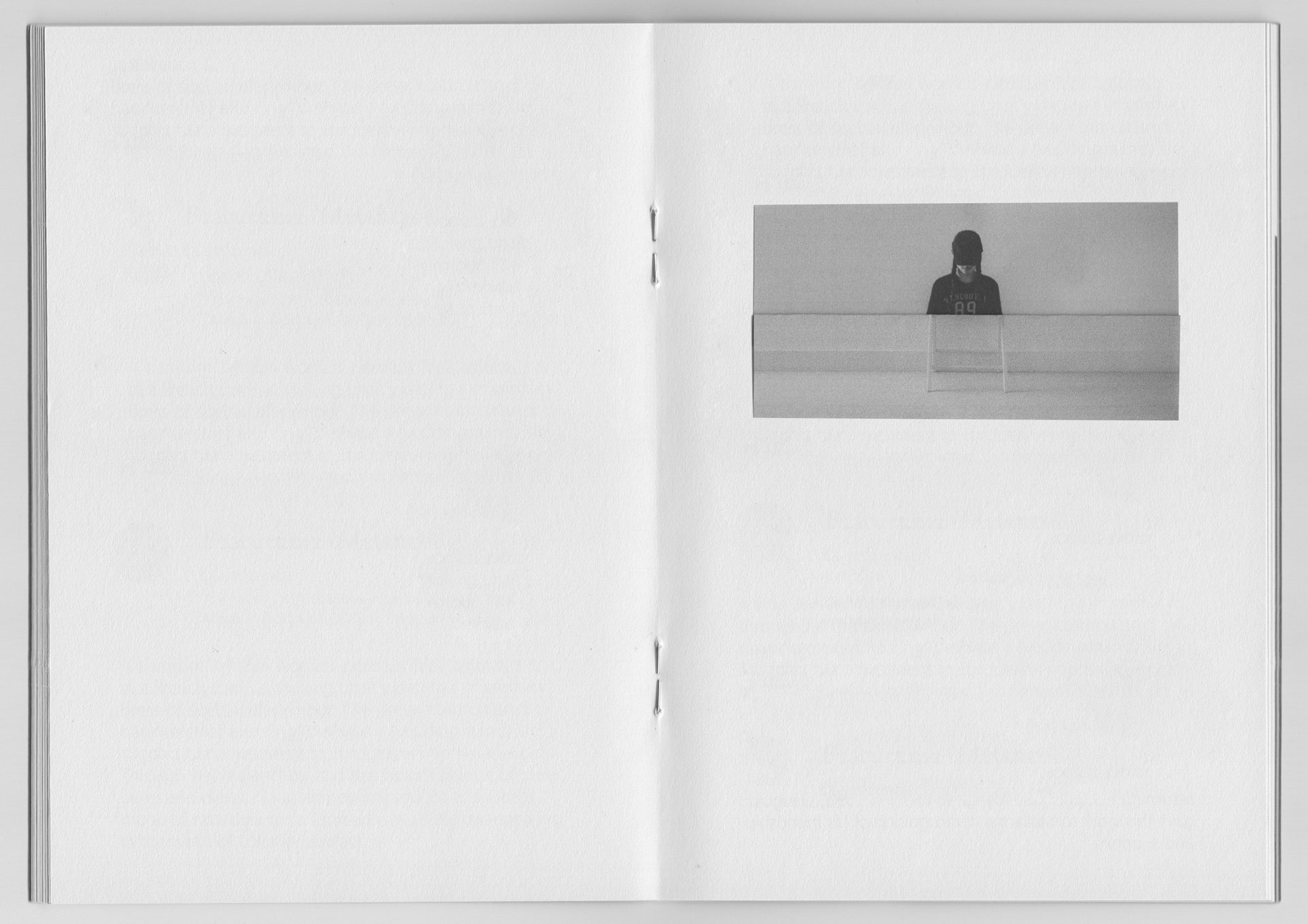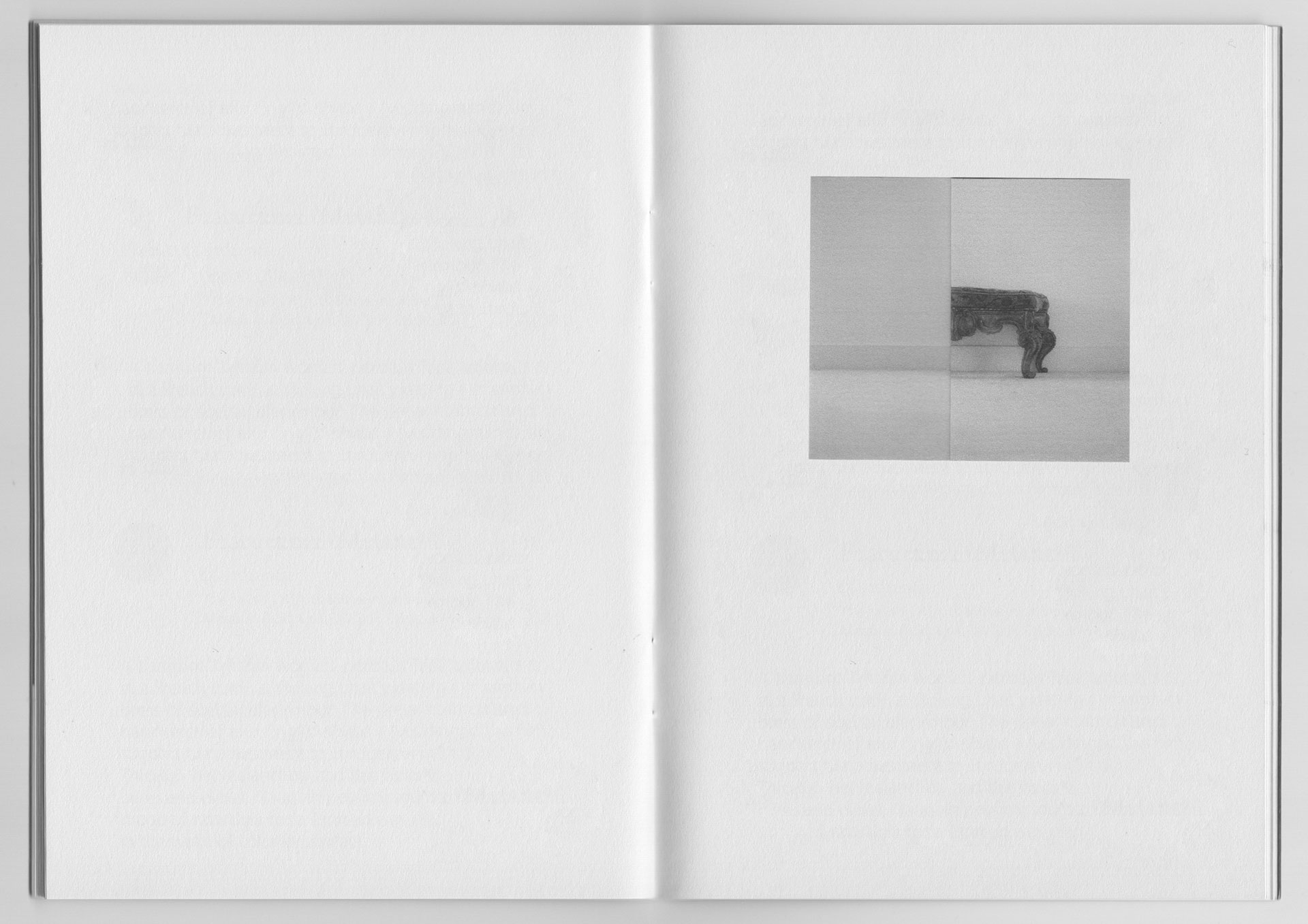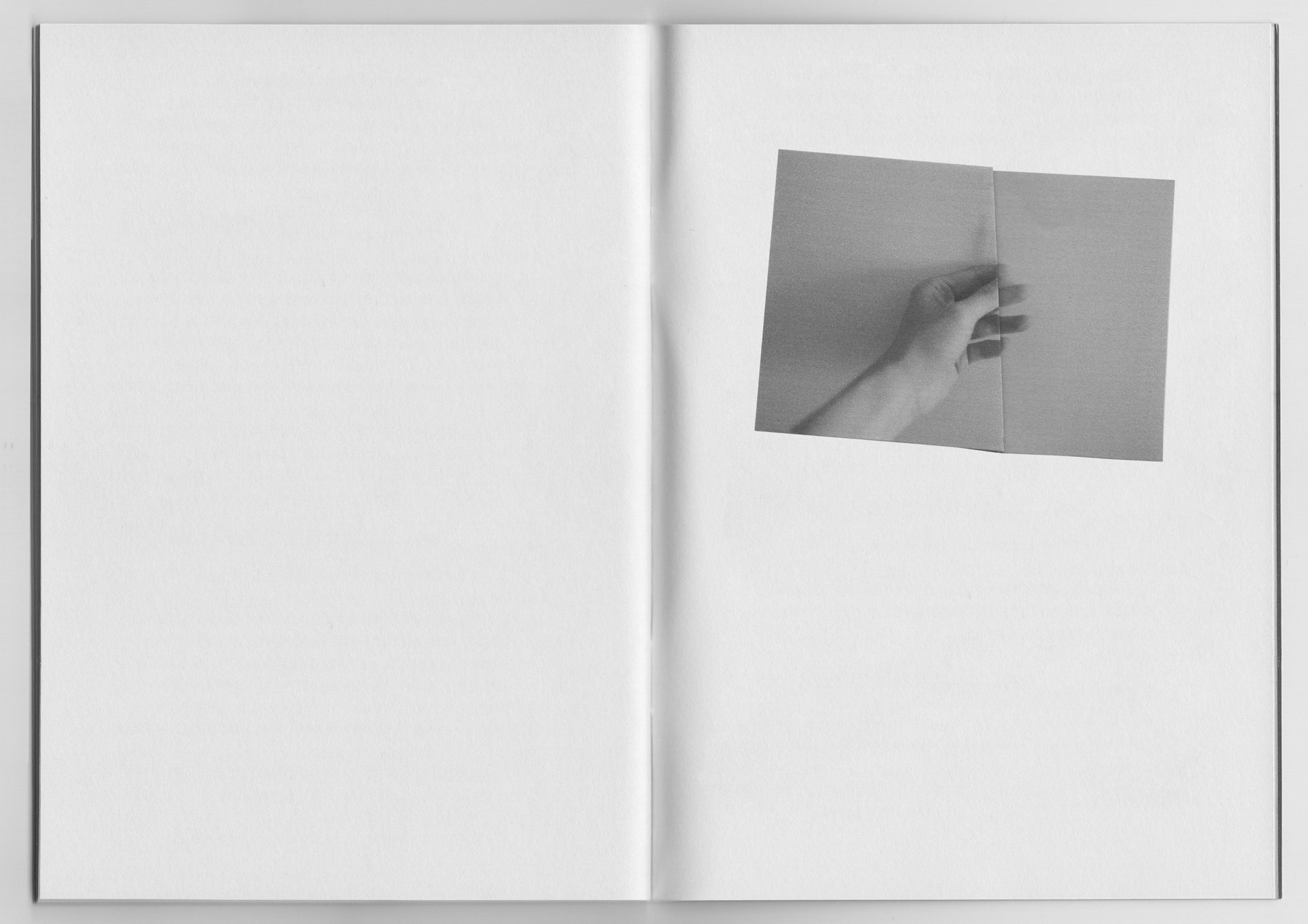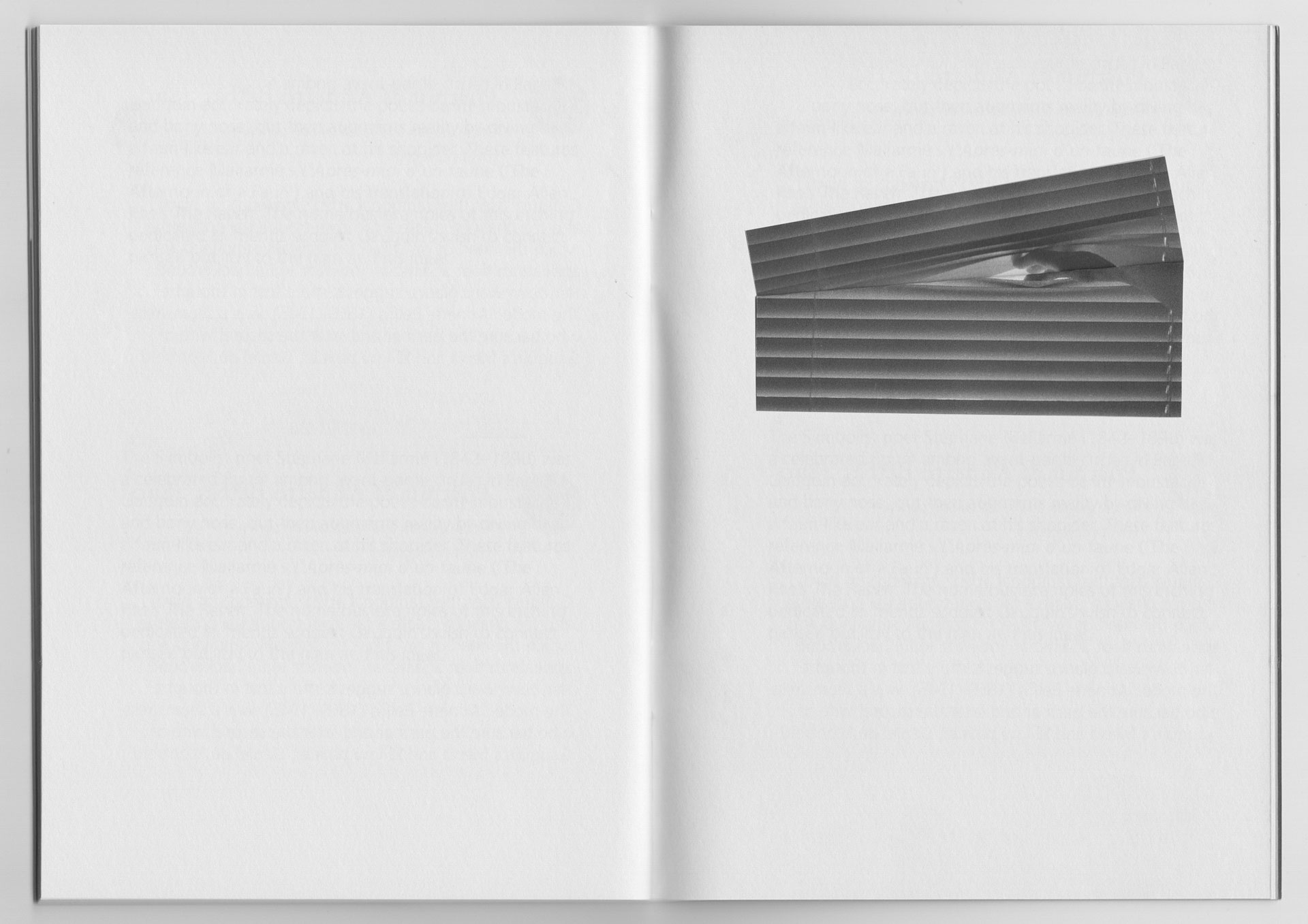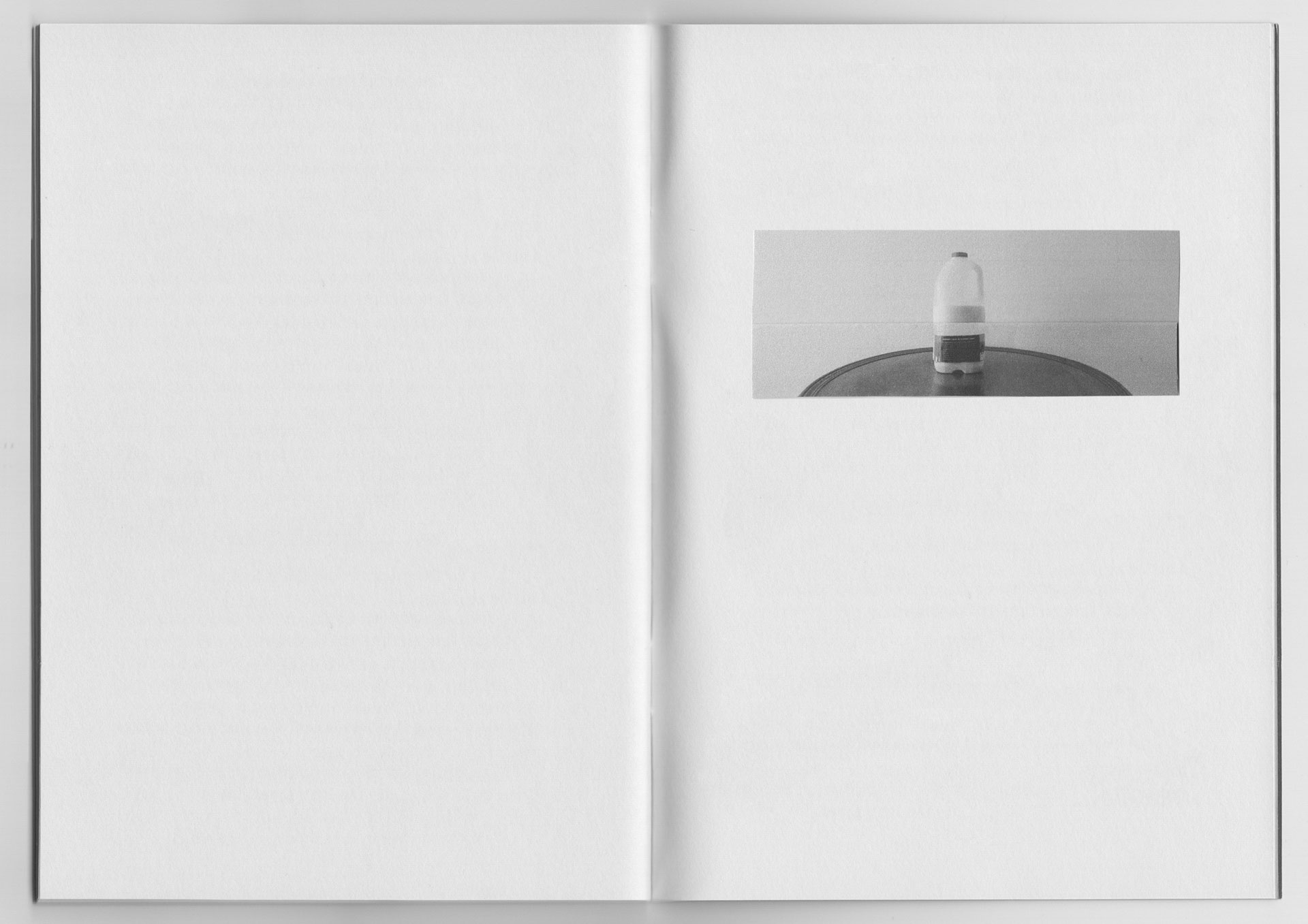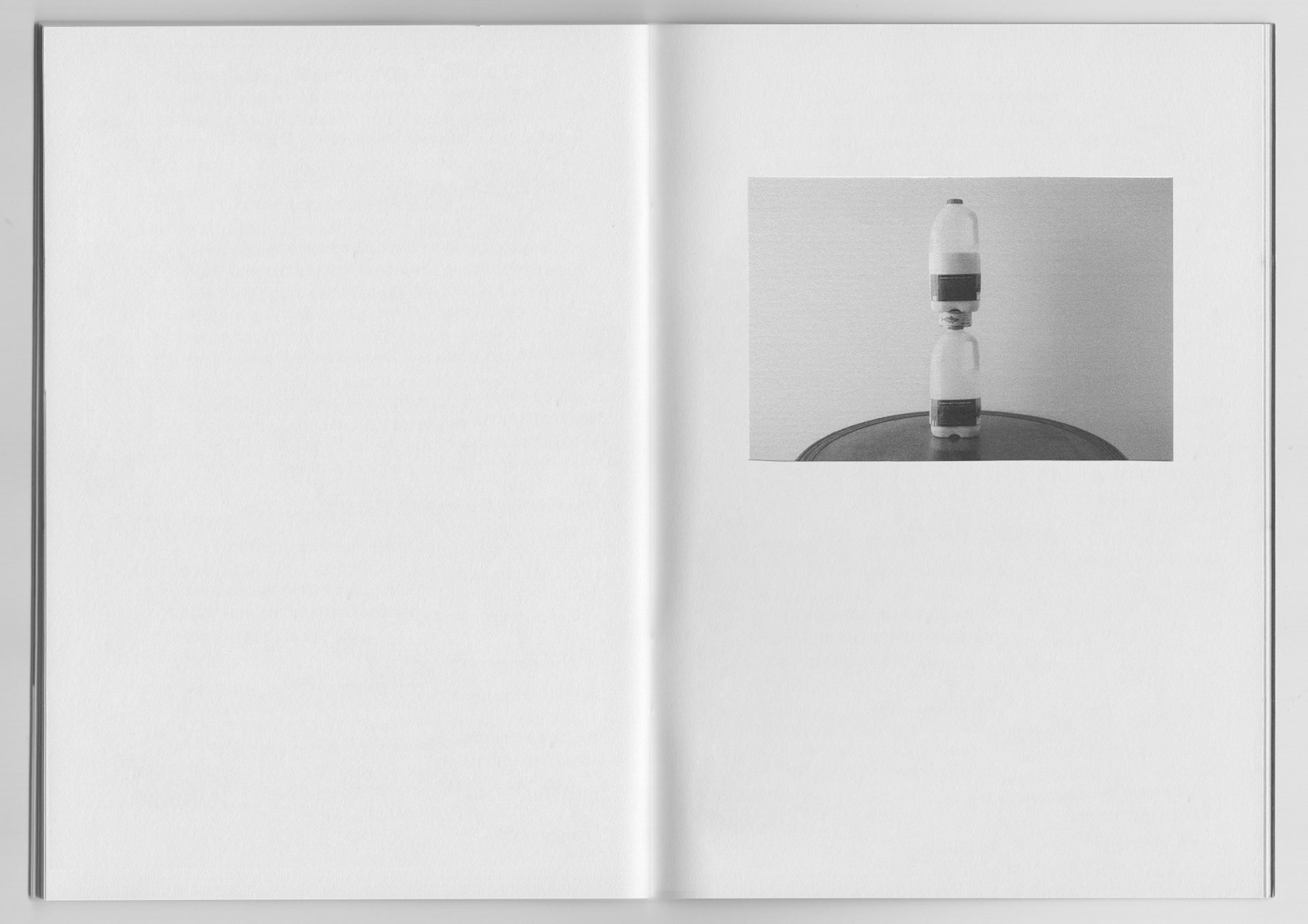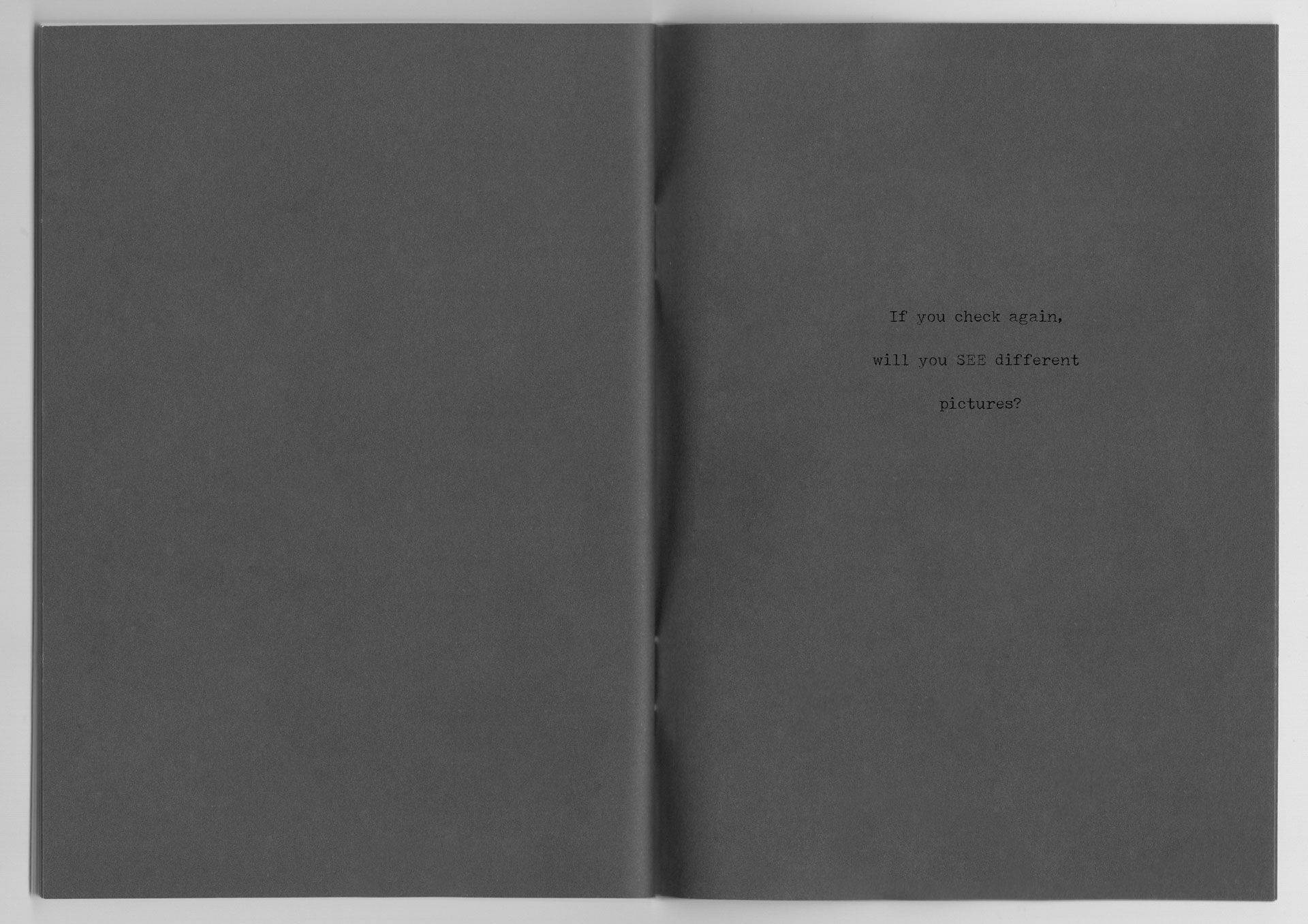Not only are we blind to many aspects of our personal visual world, we are also surprisingly unaware of this fact. Under normal circumstances, we do not notice that we blink; that we have large retinal blind spots; that our instantaneous spatial, chromatic, and temporal resolution varies dramatically with eccentricity; and that our vision is interrupted several times a second by saccades. Despite all of these considerable distractions, we believe that we see a complete, dynamic picture of a stable, uniformly detailed and colourful world. There is a “me” in there and a place from where “I” observe, Dennett calls this the “Cartesian Theatre” and argues that this powerful illusion is propped up by a “nearly impenetrable barrier of intuitions”. Our stable visual world may consist of a brief retina image and a rough high-level representation along with a pop-up mechanism to redirect attention. Prediction directly influence conscious experience. It has evolved transform raw sensory signals into information that can guide behaviour. Perception is not a purely stimulus-driven phenomenon, the brain perceives the world proactively.
